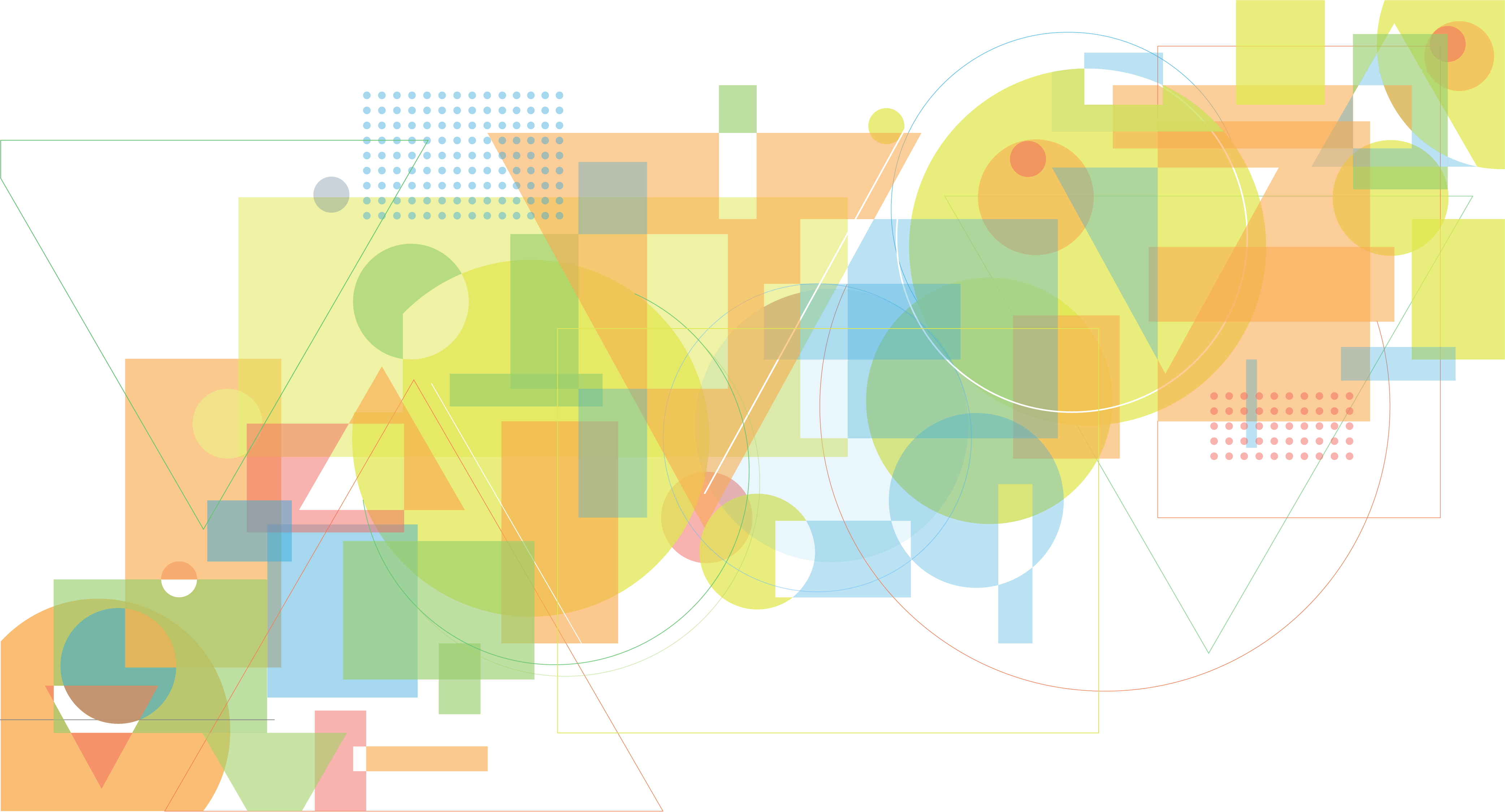The organizing committee invites submissions of research papers in all areas of design. This includes all dimensions, e.g., people, product, tools, processes, economies and environments of design, with research results contributing to its understanding and support. Some example topics are listed below:
Application of Design Knowledge in Practice (Automotive, Aerospace, Biomedical Devices, etc.)
These papers report new insights gained by application of existing design theories, methods and tools in design practice; the knowledge gained can lead to validation of the theories, methods or tools in practice, their modification, or improvement of practice itself.
Design Evaluation and Optimisation
Papers in this area report new findings, theories, methods or tools, or their validation for informing or supporting evaluation or optimisation.
Design Ideation, Creativity and Synthesis
Papers in this area report new findings, theories, methods or tools, or their validation for informing or supporting the ideation, creativity or synthesis of new products, services or systems.
Design Modelling, Prototyping, Simulation and Visualisation
Papers in this area report new findings, theories, methods or tools, or their validation for informing or supporting modelling, prototyping, simulation or visualisation in design.
Design of/for User Interfaces, User Experience and Human Computer Interaction
Papers in this area will report new knowledge in these areas and how that can be used to design and evaluate new user interfaces and interactions.
Design Theory and Research Methodology
Papers in this area will report new knowledge in proposing and validating new theories of designs and designing, both descriptive and prescriptive, as well as new theories, methods and tools for carrying out research into design.
Eco-Design, Sustainable Manufacturing, Design for Sustainability
Papers in this area report new findings on the definition, indicators and measures of the various aspects (economic, ecological, socio- cultural) of sustainability, either general in specifically for various parts of the lifecycle, or propose new theories, methods or tools or their validation for assessment or improvement of design for improvements in health, well-being, dignity, inclusivity and sustainability.
Fablabs, Makerspaces and Design Spaces
Papers in this area report new findings, theories, methods or tools, or their validation for informing or supporting design practice or education using fablabs, makerspace or design spaces.
Innovation Management and Entrepreneurship
Papers in this area will report new knowledge in these areas and how that can be used for innovation management and entrepreneurship. Focus is on fuzzy front end of new product, service or system development and fuzzy back end of entrepreneurial start-ups.
Design Aesthetics, Semiotics, Semantics
Papers in this area report new findings, theories, methods or tools, or their validation for informing or supporting design to incorporate aesthetic, semiotic or semantic principles.
Design for X (Safety, Manufacture & Assembly, Cost, Reliability, Robustness, Social Interaction, etc.)
Papers in this area will report new knowledge in theories, methods, tools and their evaluation for informing or supporting designs and designing taking into account X, e.g. how to design a product, system or service such that it is manufacturable/implementable, reliable, assemblable, affordable and so on.
Design Management, Knowledge Management and Product Life Cycle Management
Papers in this area will report new theories, tools and methods for managing the design process, or for managing and supporting information and knowledge associated with the lifecycle of the product, system or service being designed.
Design of Systems, Services and Product Service Systems
Papers in this area report new findings, theories, methods or tools, or their validation for informing or supporting practice or education in the design of systems, services or product-service systems.
Design Teams, Collaboration, Communication
Papers in this area report new findings, theories, methods or tools, or their validation for informing or supporting teams in collaboration and communication during design.
Design Training and Education
Papers in this area report new findings, theories, methods or tools, or their validation for informing or supporting training and education in the practice of design.
Enabling Technologies & Tools (Computer-Aided Conceptual Design, Augmented/Virtual Reality, MEMS, Haptics,
Smart Technologies, IoT, Cobotics, etc.)
These papers report new knowledge on the potential or use of technologies such as Virtual reality to support designing the lifecycle of a product, service, or a system.
Human Factors in Design (Physical and Cognitive Ergonomics; Design for Emotions, etc.)
Papers in this area will report new knowledge in various domains of human factors and their relationships to inform or support design by taking into account the physiological, cognitive or emotional aspects of people that are relevant for the products, systems or services being designed.
Lexicon, Taxonomy, Ontology, Machine Learning and Data-driven Design
Papers in this area report new findings, theories, methods or tools, or their validation in the areas of lexicons, ontologies, machine learning or data driven design for informing or supporting design practice or education.
Prospective authors should send an abstract of their paper (500 words) including paper title and author details, by uploading the abstract on the conference management website. Click here to know more about abstract submission
All abstracts will be checked for their novelty and relevance for ICoRD’21; all papers relevant to the conference with novel content will be asked to submit full paper for peer-review. The proceedings of ICoRD’21 will be published as a book by Springer.
